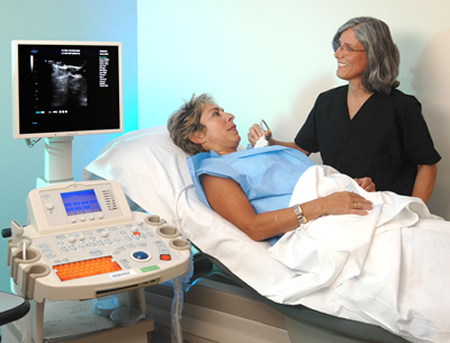
Screening or checking, for ealy signs of certain health problems can help diagnose them early. The following approaches are generally recommended for older men.
Abdominal Aortic Aneurysm Screening
– Once between the ages of 64 and 75 if you’ve ever smoked. An abdominal aortic aneurys is enlarged or swollen blood vessel in your abdomen that can be dangerous. If your healthcare provider finds you have an abdominal aortic aneurysm, it can be treated.
Bone Health Evaluation
– Periodically. Your health provider should evaluate your risk of osteoporosis, or ‘thinning of the bones’. (It’s not just a woman disease)
Depending on what the evaluation finds, he or she may recommend that you get a bone scan and, if necessary, take medication to strengthen your bones and lower your risk of fractures.
Blood Pressure Check
– At least once a year.
Cholesterol Test for High Blood Cholesterol Levels
– At least once every five years
Diabetes Check
– At least once ; if you have high blood pressure or high blood cholesterol levels or diabetes runs in your family, get checked every three years.
Screenings For Prostate Cancer and Colorectal Cancer
– Geriatrics experts now do not recommend screening for either colorectal or prostate cancer without first considering life expectancy. Studies have shown that the short-term risks may not be worth the benefits if life expectancy is under 10 years. You should talk to your healthcare provider if you have any concerns about these screenings.
Sexually Transmitted Disease Screening
– This is important at any age if you are sexually active. Talk with your healthcare provider about this and how to practice safe sex.
Discussion about Sexual Concern
– Erectile dysfunction (ED) or difficulty getting or maintaining an erection is relatively common among older men. You should let your healthcare provide know if you have ED both because it can be treated and because it can be an early warning sign of heart and artery disease
Hearing and Vision Screening
– Every year
Depression Screening
– Every year. If you feel down, sad, or hopeless for two or more weeks, or have little interest in or get little pleasure from things you once enjoyed, you may be depressed.
If your healthprovider recommend other’s screening, just follow it.
Reference :- HealthInAging

Leave a Reply